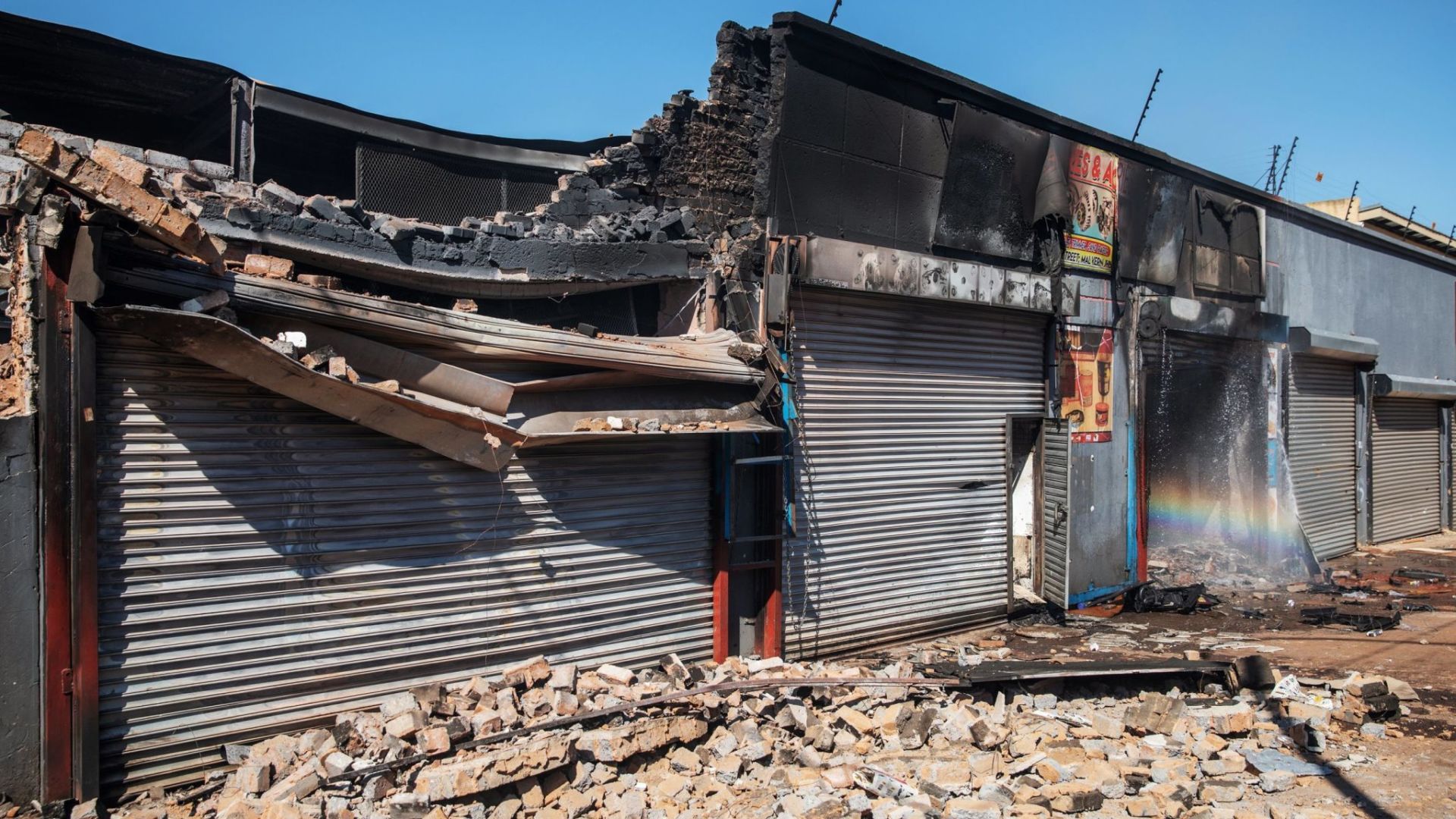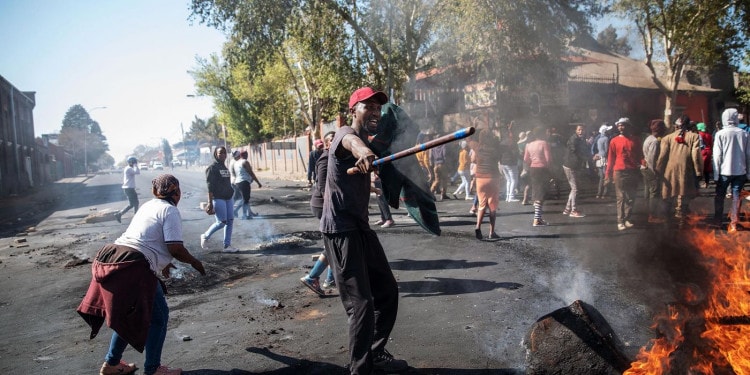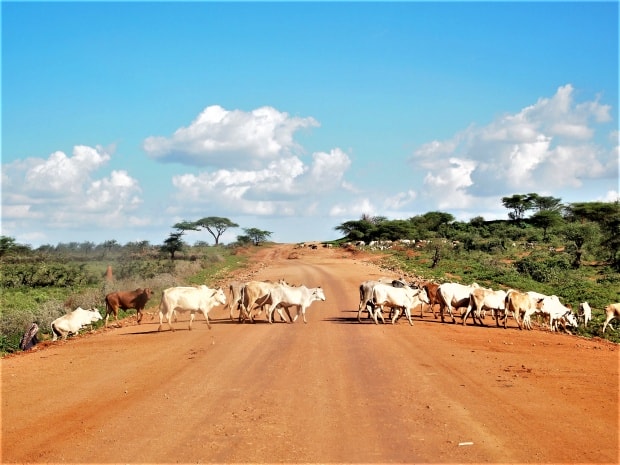Last week in South Africa, violence ravaged the country. Foreign-owned shops were the target of looting and torching. Besides shops being utterly wrecked, at least 10 people have died and more than 420 people have been arrested.
Related topics: Post-Apartheid Inequality in South Africa – School Crisis in Africa – Regional Integration in Africa
The violence has been branded a consequence of xenophobia. While the police are still identifying what prompted the attacks, it is believed that the trigger was the nation-wide strike started by South African lorry drivers protesting against foreign drivers.
At a time of high unemployment, anti-immigration sentiment is high. Nationals fear losing their jobs to those migrating from other African countries, as explained by South Africa’s Minister of Small Business Development, Lindiwe Zulu.

Credit: Sky News
This has resulted in continental backlash as countries across Africa retaliate. Air Tanzania suspended flights to Johannesburg. Madagascar and Zambia’s football teams boycotted matches against South Africa. Demonstrators in the Democratic Republic of Congo smashed the windows of South Africa’s consulate.
A country which has had a particularly strong reaction is Nigeria. As protestors responded by destroying businesses owned by South African nationals, the Nigerian government has urged for the targeted attacks to stop by reminding its citizens that they harm Nigerian investors and employees. Nevertheless, the government has outspokenly condemned how South Africa has handled the situation with the president sending a special envoy to voice her displeasure.
As diplomatic relations worsen, the South African embassy in Nigeria has been temporarily closed and Nigeria’s Foreign Minister, Geoffrey Onyeama, is calling for the South African government to assume responsibility and fully compensate Nigerians who have been harmed amid the violence. Air Peace, a commercial airline, is also working with the government to evacuate over 600 nationals from South Africa.
Xenophobic tension is not a new issue in South Africa. Just this April in Durban, foreigners were dislodged from their homes and foreign-owned businesses were similarly looted. In 2017, anti-immigration demonstrations turned violent in Pretoria, and following xenophobic attacks which left several dead in 2015, thousands fled the country.
This latest wave of violence has come at a time when pan-African cooperation is needed. Last Wednesday, the World Economic Forum on Africa began in Cape Town. Though it is supposed to be a stage for leaders to discuss the African Continental Free Trade Area (ACFTA), Nigeria has pulled out of the Forum. As ACFTA is an agreement between African countries to encourage intra-African trade and to form the world’s largest free-trade area, some analysts predict that Nigeria’s absence is likely to slow down its implementation.
This is not good news for Africa. Nigeria is – along with South Africa – an economic leader in the region. If the two bicker over such matters, the fallout will be felt across the continent.
Editor’s Note: The opinions expressed here by Impakter.com columnists are their own, not those of Impakter.com – In the cover picture: A man holds a stick in front of burning furniture in the streets of Johannesburg, South Africa. Image Credit: Getty Images









